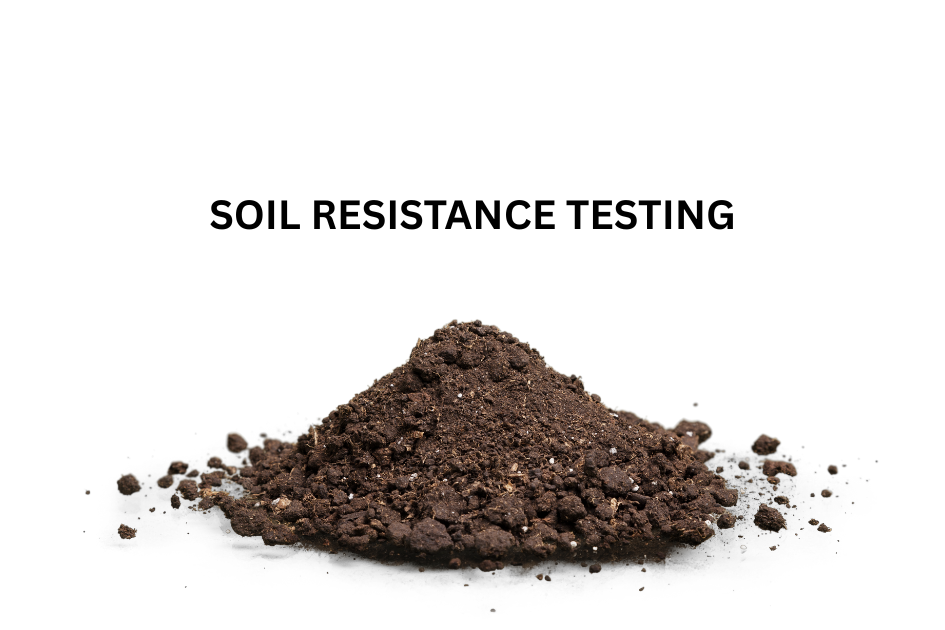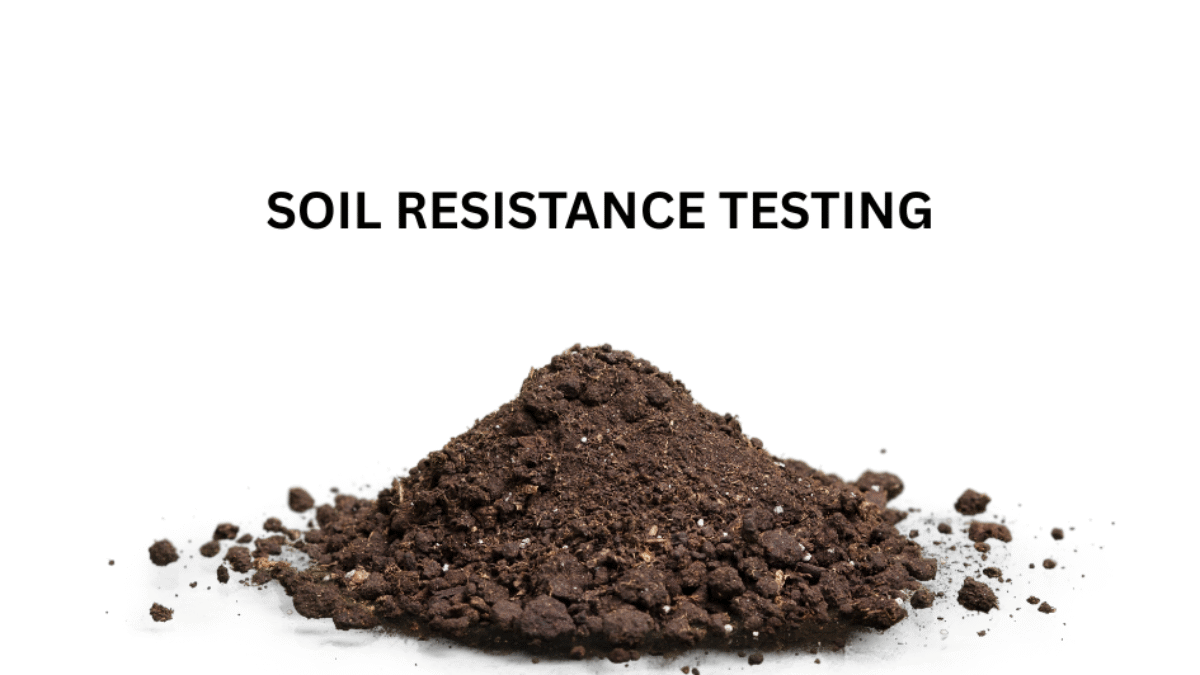Soil Resistance Testing in Chennai
soil resistance testing as per MS 343-16
Introduction
- Ensuring electrical safety starts from the ground—literally. In Chennai, where soil characteristics vary dramatically between coastal and inland regions, the importance of accurate soil resistance testing cannot be overstated. This process evaluates how well the soil conducts electricity and helps design safe grounding systems crucial for industrial, commercial, and infrastructure projects.

What is Soil Resistance Testing?
Soil resistance testing measures the electrical resistivity of soil to determine its suitability for grounding systems. The lower the resistance, the more effective the soil is at dissipating electrical currents safely into the ground. This directly impacts the safety of equipment and people in facilities ranging from power stations to residential complexes.
Role of MS 343-16 Standard in Soil Testing
The MS 343-16 standard is a benchmark for conducting soil resistance tests. It outlines best practices and procedures for obtaining consistent and meaningful results. The standard recommends specific test methods such as the Wenner and Schlumberger configurations, which are widely recognized for their accuracy in soil analysis.
MS 343-16 helps ensure:
Accurate resistivity measurements
Proper electrode spacing for realistic data
Adjustments for seasonal and environmental factors
Standardized reporting for design integration
Soil Conditions in Chennai and Their Impact
Chennai’s diverse geography introduces varied soil types—from saline coastal belts to clay-rich inland zones. These variations significantly influence resistivity. Salty soils, for example, generally have lower resistance, while dry, compact soils may resist current flow more, posing grounding challenges.
Soil resistance testing tailored to Chennai’s conditions allows engineers to design grounding systems that meet performance and safety expectations.
How Kiyo R&D Center Ensures MS 343-16 Compliance
Kiyo R&D Center and Laboratory is a leader in soil resistance testing in Chennai. With deep expertise and state-of-the-art instrumentation, Kiyo R&D follows the MS 343-16 standard meticulously to provide reliable, actionable data for engineers and developers.
Our services include:
Field testing using advanced equipment
Comprehensive soil profiling and moisture evaluation
Detailed reports aligned with international norms
Expert recommendations for grounding system design
Use Cases for Soil Resistance Testing
The importance of soil resistance testing as per MS 343-16 extends across industries such as:
Electrical utilities
Oil and gas facilities
Renewable energy farms
Telecom towers
Data centers
Construction and infrastructure development

Conclusion
- Kiyo R&D Center and Laboratory offers unmatched precision in soil resistivity analysis, helping clients achieve compliance, safety, and performance. By adhering strictly to the MS 343-16 standard, we ensure that your grounding system is designed for Chennai’s unique soil characteristics.

